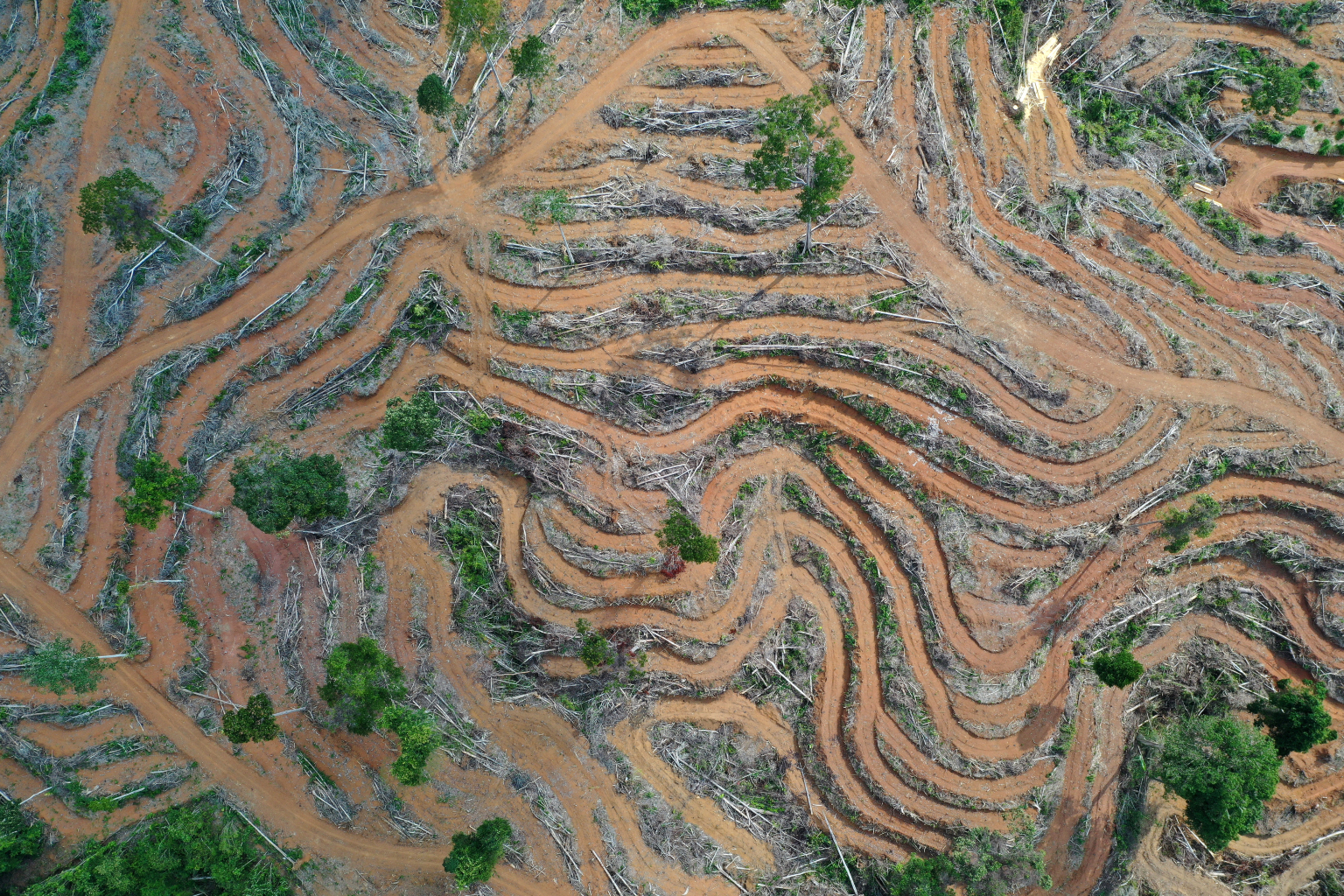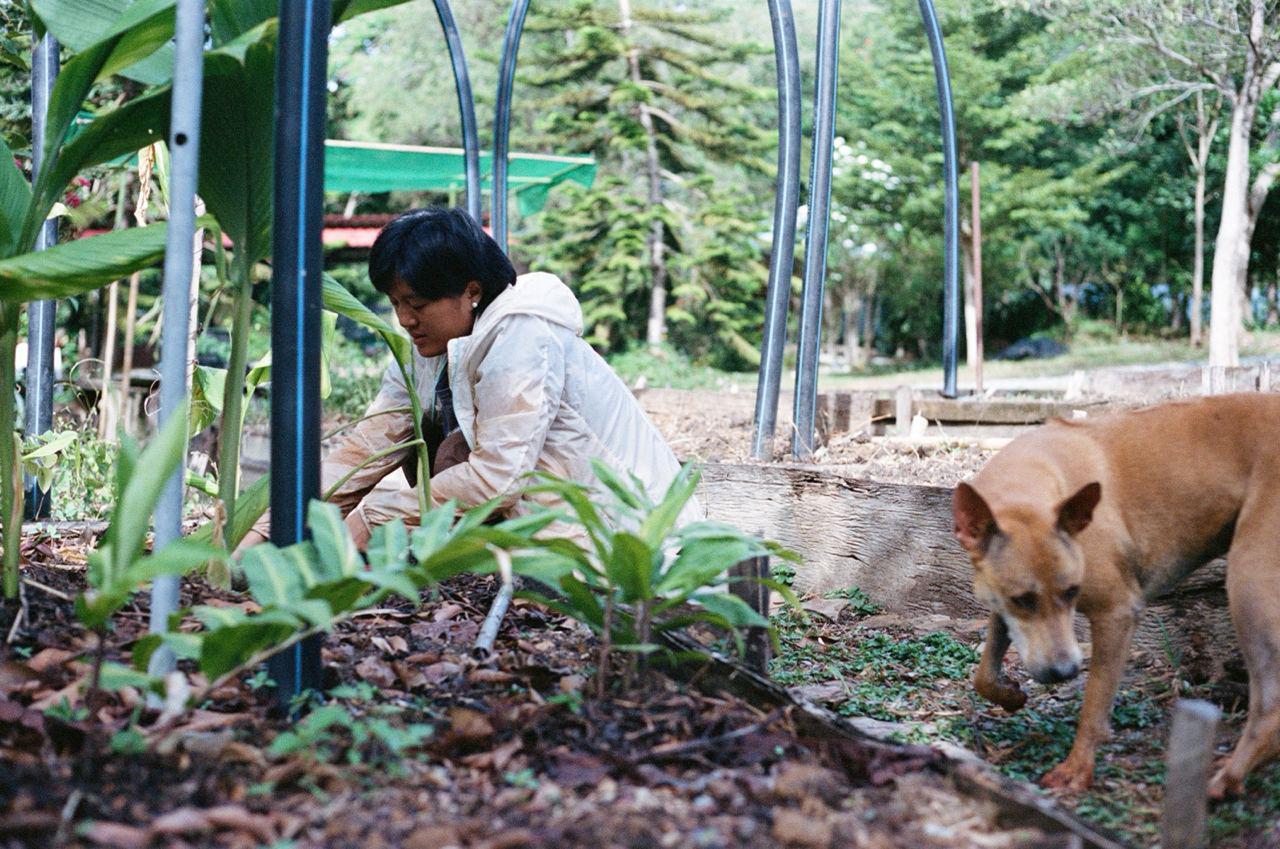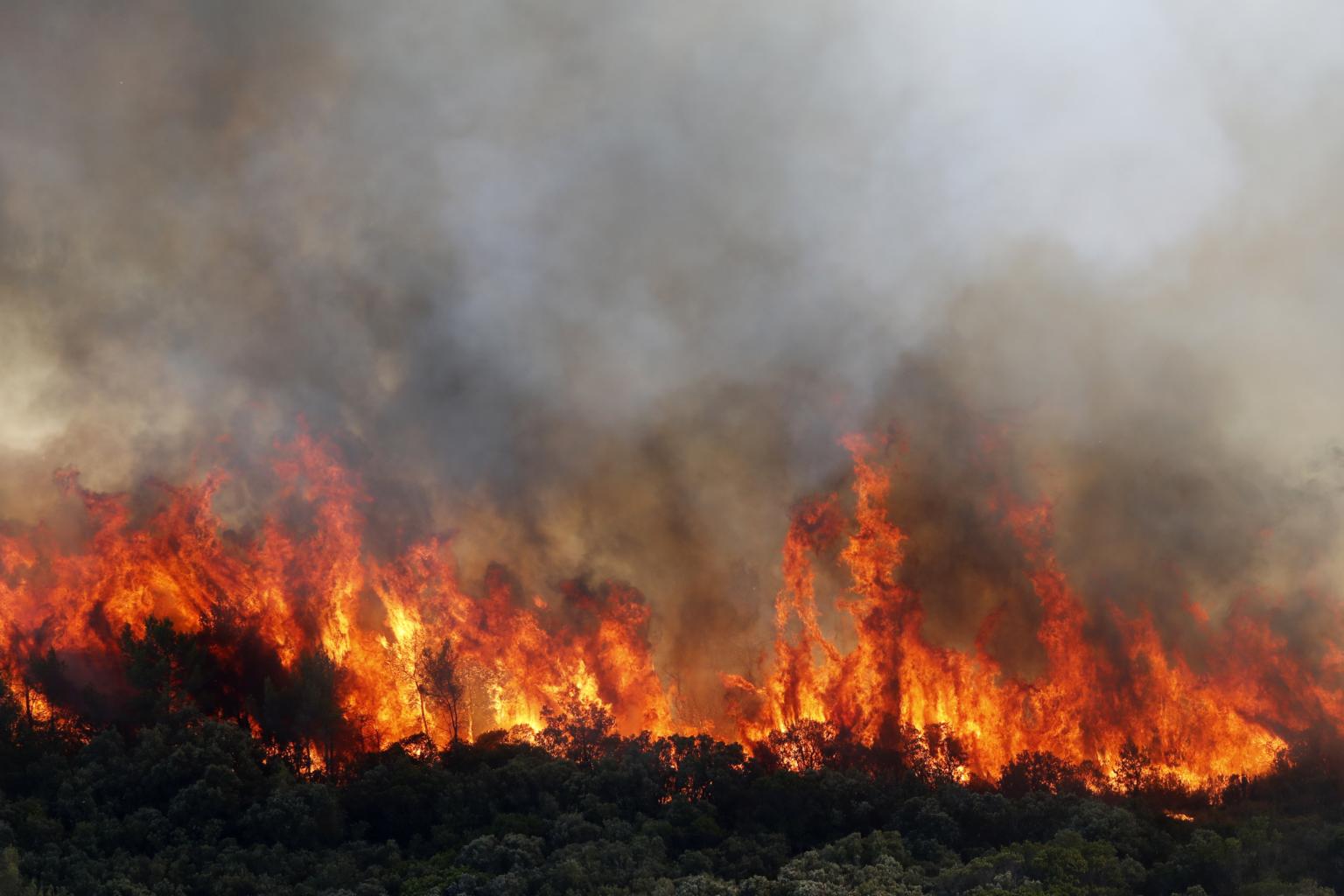July 28 marks Earth Overshoot Day, when humanity’s demand for natural resources and services in a given year exceeds what the planet can regenerate in that year. Humanity is living well beyond its means, like it needs 1.75 Earths. Rapid population growth, rising demand for food and materials, and consumer lifestyles are pushing nature to the brink.
Where are things headed?
The Straits Times looks at the crisis and some of the solutions.
ST Explains: What is Earth Overshoot Day, and how is it calculated?

Earth Overshoot Day is calculated for each country, based on 15,000 data points per country per year. The data comes from the United Nations.
Both the ecological footprint and biological capacity are expressed in global hectares, that is, globally comparable, standardised hectares with world average productivity.
Each city, state or nation's ecological footprint can be compared to its biological capacity, or that of the world.
Earth Overshoot Day: Humanity’s demands pushing planet to its limits

Humanity has become a bad debtor. For decades, it has been using up natural resources faster than the Earth can re-generate them.
And each year, this ecological deficit widens to try to meet the needs of nearly 8 billion people, underscoring a growing crisis that experts say threatens future generations and the health of the planet.
Serving up cell-based pork dumplings, cricket cookies to fight climate change

In the Chin Bee area in Jurong, a lab has been cooking up pork dumplings, wantons and bao. No pigs were killed in the making of these Asian bites, however, as cultured pig cells were used instead.
Alternative protein start-up Ants Innovate is betting its minced pork, chicken and beef products, made from a blend of in-house plant-based proteins, fats, and animal cells, will find a meat-loving audience in time.
Young S'porean quits corporate job to take part in afforestation project in rural Thailand

The purpose of a tree is straightforward, said Ms Toh Hui Ran, 28, a Singaporean who has been actively involved with turning a plot of land in rural Thailand into a forest.
She said: "Plant it, and it will remove carbon dioxide from the atmosphere. Don't, and nothing will happen.
Of the positive impact she felt it had on the environment, Ms Toh said: "You get what you give."
Climate change and looking beyond GDP

The management guru Peter Drucker famously said: "If you can't measure it, you can't improve it". While he said this in the context of managing companies, it is equally true of managing climate change.
The effects of climate change are no longer subtle or invisible. They are in our faces, in the form of rising temperatures, floods, droughts and hurricanes, which have become regular events - as well as pandemics.
But climate change also has a measurable impact on economies. For example, hundreds of billions of dollars worth of property assets in countries around the world - most recently in Europe - have been destroyed because of forest fires. Insurance companies pay out billions in claims after natural disasters. Droughts and floods have raised food prices. Deforestation, which has displaced living species from their natural habitats and into closer contact with humans, has contributed to pandemics which, as Covid-19 demonstrated, can devastate economies and lead to soaring medical costs.
